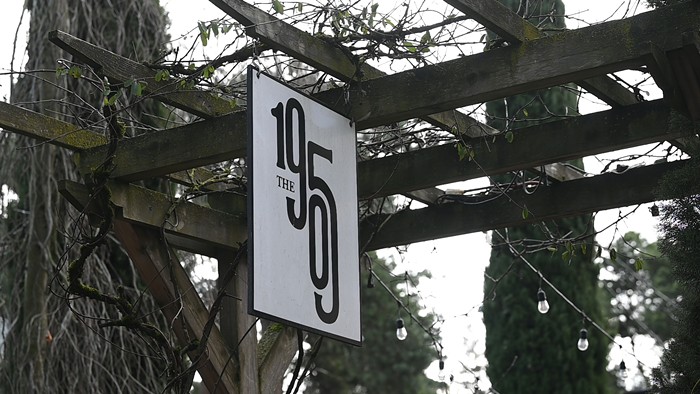Many oddball moments in my life have intersected with Tori Amos songs. Like the time a boy who sat behind me in eighth grade sensually humped a chair while singing the chorus to her Boys for Pele hit “Caught a Light Sneeze,” or when a man at a Tiki bar in Hell’s Kitchen with avocado dip spread across his pants drunkenly accused me of being in a Tori Amos music video. Avocado Pants was right, though; I am in a Tori Amos music video—forever captured at an awkward My So-Called Life-influenced 16—and I’ve unabashedly loved Amos’ music from grade school to present day.
Amos grew up a Methodist minister’s daughter. She was the youngest person ever accepted to Baltimore’s prestigious Peabody Institute and was subsequently expelled at age 11 for insubordination. (The youngest expelled? It’s never been confirmed.) She’s a lifelong performer, a genius songwriter inspired by the likes of Kate Bush and Joni Mitchell, and a champion for survivors of sexual assault—her haunting a capella song “Me and a Gun” recounts her own experience, and she was formative in the founding of the Rape and Incest Nationwide Network in the 1990s.
In September, Amos released her 15th studio album, Native Invader. It’s intriguing for a number of reasons: For one, Amos seems to temper her longstanding rebellion against Christianity, evidenced by early tracks like “Crucify” (from 1992’s Little Earthquakes) and “God” (from 1994’s Under the Pink). But Native Invader folds Christian myths into its family of metaphors without rebuking the religion. When I ask Amos about this, she replies carefully: “Well, you know, I was brought up in the church. I spent a lot of time surrounded by people proclaiming to be Christian.”
She wrote the closing track “Mary’s Eyes” about her mother, Mary Ellen Amos, who lost her ability to speak after suffering a stroke this past year. But Mary’s eyes still brighten whenever she hears hymns. Amos says her mother “very much tried to lead a life that was in the path of Christ. She wasn’t a hypocrite from Monday to Saturday. It fascinates me when I hear people bring up Christianity but anything they’re saying—especially when it’s hate rhetoric—is completely devoid of the compassionate path of Christ.”
“Climb” references Saint Veronica, who wiped Jesus’ brow as he carried his cross to Golgotha and was left with an impression of his face on her veil.
“It’s about veils,” Amos says of the song. “Lifting the veil. There’s a Veronica from the Stations of the Cross and there’s another Saint Veronica that lived in medieval times whose role was to go into very dark places. ‘Climb’ is very much about facing demons that she’s exposed to when she’s younger. So yes, I was pulling on lots of myths.”
Amos explores multiple mythologies throughout Native Invader. There’s Freyja the Norse goddess riding her cat-drawn chariot on the troop-bolstering “Cloud Riders” and the Greek furies judging humanity for our ecology crimes on “Bats” and “Benjamin.”
The album is both a collection of magical stories and a critique of our political, spiritual, and ecological climate. It’s unusual for Amos to be so direct, but banging her piano in a call to arms is more or less what she’s been doing for her entire musical career.
One of her best-known hits is “Cornflake Girl” from 1994’s Under the Pink, a catchy pop song about female genital mutilation. Tori Amos told people about that in the ’90s. Meanwhile, I still can’t get my supposedly progressive friends to listen to the devastating This American Life episode about female genital mutilation.
Amos calls attention to life’s horrors by wrapping the harshness in a beautiful song. After all, myths are how we discuss the unspeakable with the people who’ll be responsible for this world after us.


















